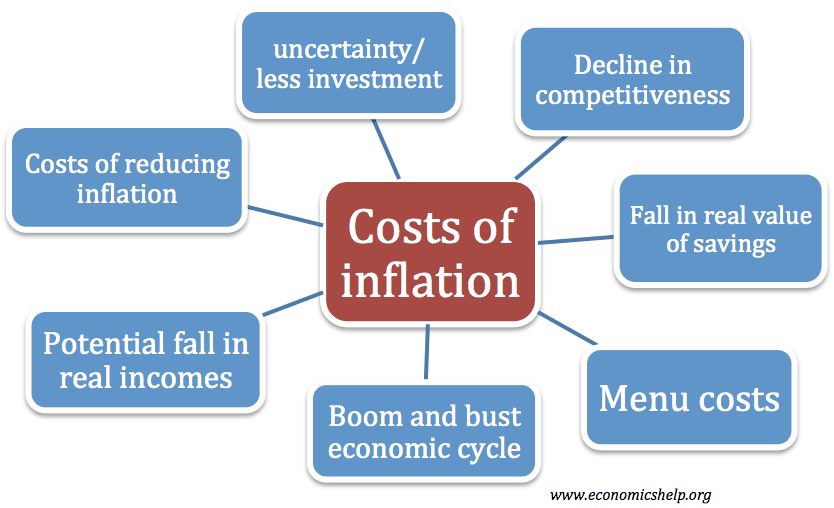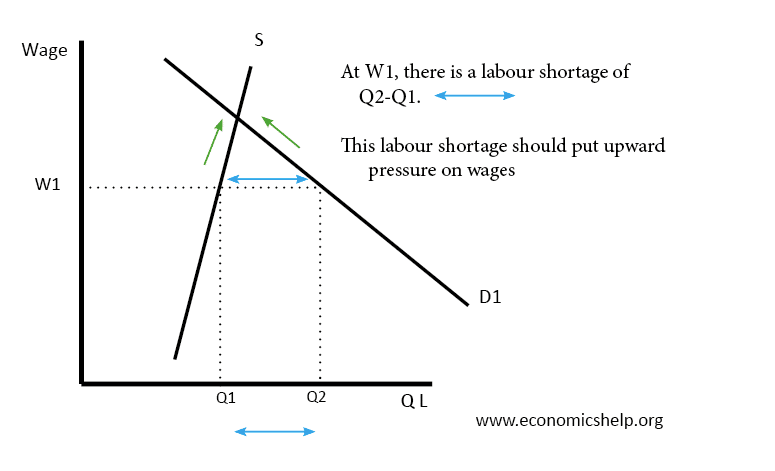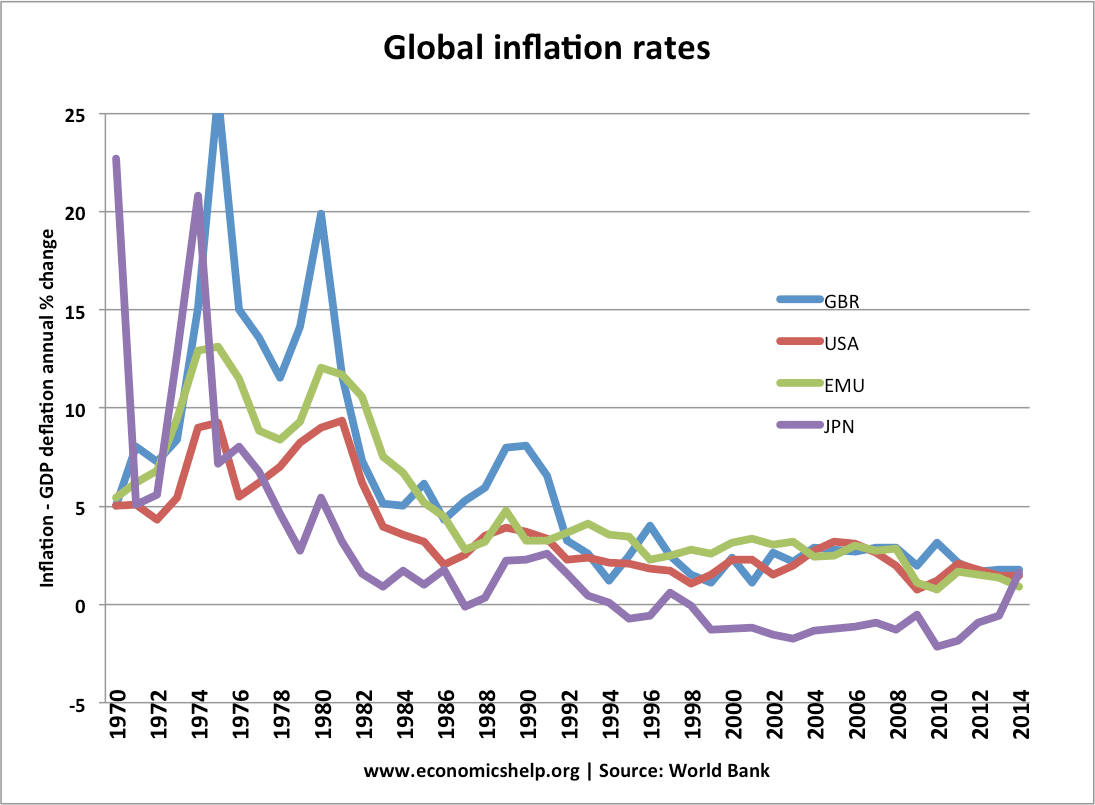Costs of economic growth
Economic growth means an increase in real GDP – an increase real incomes. This is usually considered beneficial, but there are also potential costs of economic growth such as: Inflation Boom and bust economic cycles Current account deficit Environmental costs – pollution, loss of non-renewable resources Congestion Potential of widening inequality. The costs of economic …



